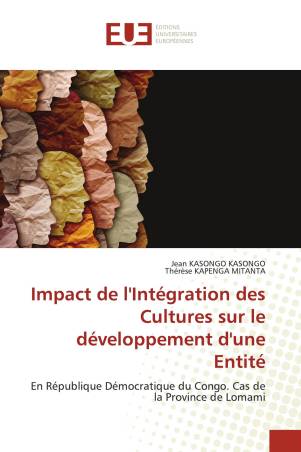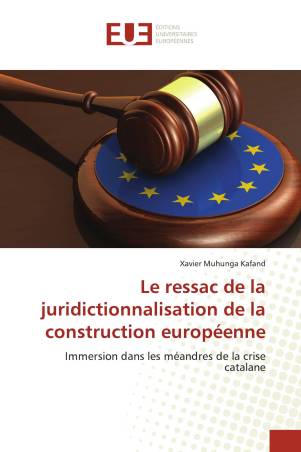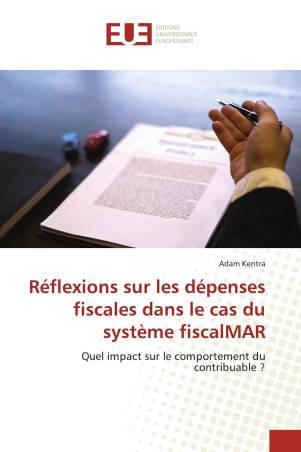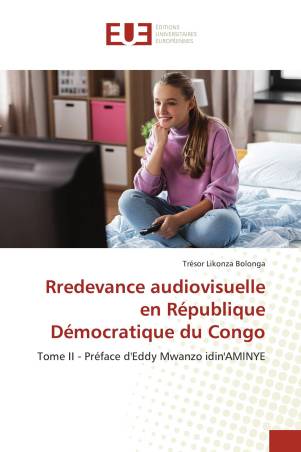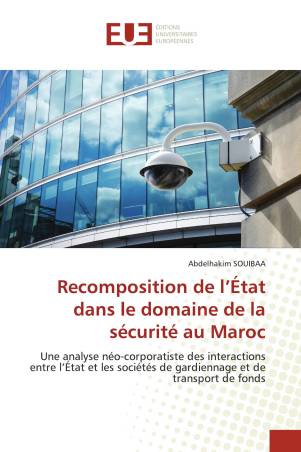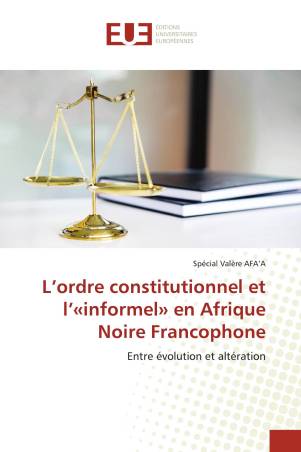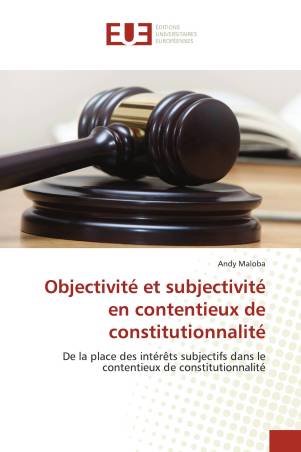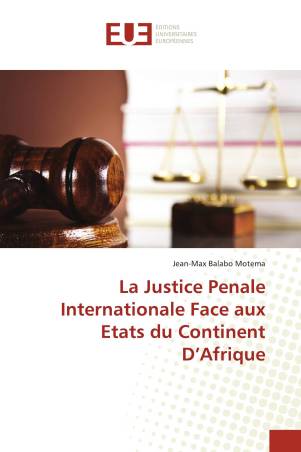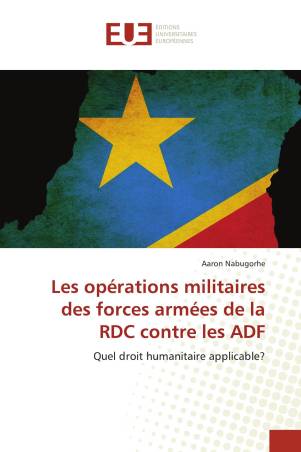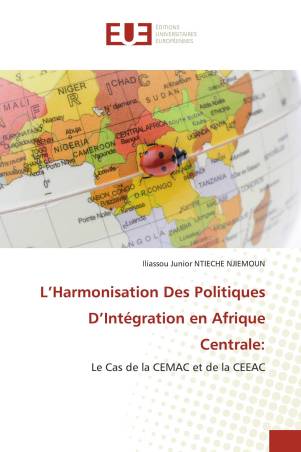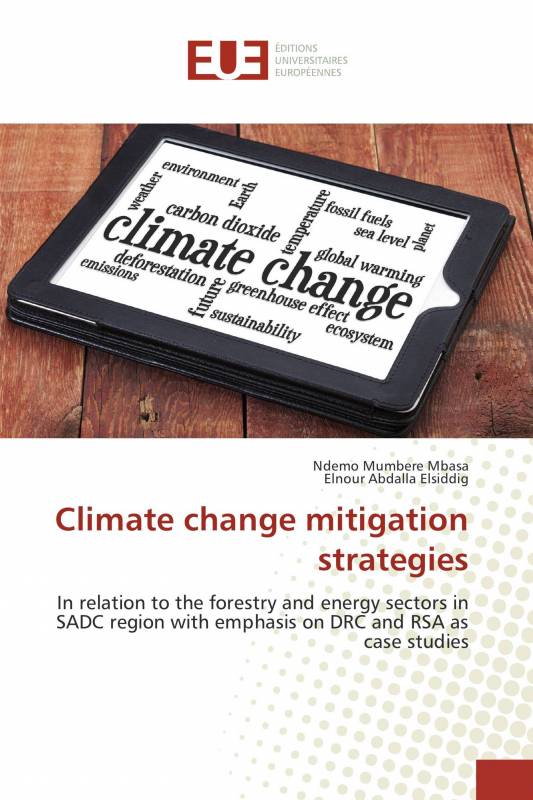
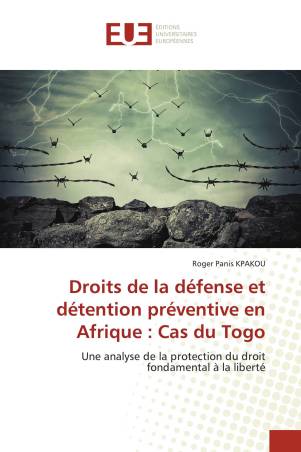
Droits de la défense et détention préventive en Afrique : Cas du Togo
- Nouveau



Climate change is a complex issue, and its effects are felt not only in certain countries.
It is a worldwide problem whose solution requires international cooperation in order to stabilize the concentration of GHGs in the atmosphere.
The present research focuses on the mitigation strategies in the forestry and energy sectors in both the Democratic Republic of the Congo and the Republic of South Africa.
Forests play a major role in carbon sequestration and carbon storage.
However, the use of energy sources with low carbon emission is also recommended.
The Democratic Republic of the Congo is a tropical country, and like most other countries, it is also concerned about GHG emissions even though it has the second largest forest resources worldwide after the Amazon.
The country is affected by emissions owing to deforestation and forest degradation.
Different lower or non-carbon-emitting sources in the DRC and the RSA are compared in this research as well as climate change mitigation strategies in both the forestry and energy sectors.
A design for sustainable mitigation in the forestry and energy sectors of the DRC and the RSA has been suggested in this book.
Dr Mumbere Mbasa Ndemo: Deputy Dean of the Faculty of Community Health and Development in charge of Research at ULPGL; PhD in Environmental Science at UNISA/DLITT ET PHIL (ENVIRON SCI); MA in Environmental Security and Peace at UPEACE.Professor Elnour Abdalla Elsiddig: Professor of forestry and environment at the university of Khartoum.
Fiche technique
 République démocratique du Congo
République démocratique du Congo
